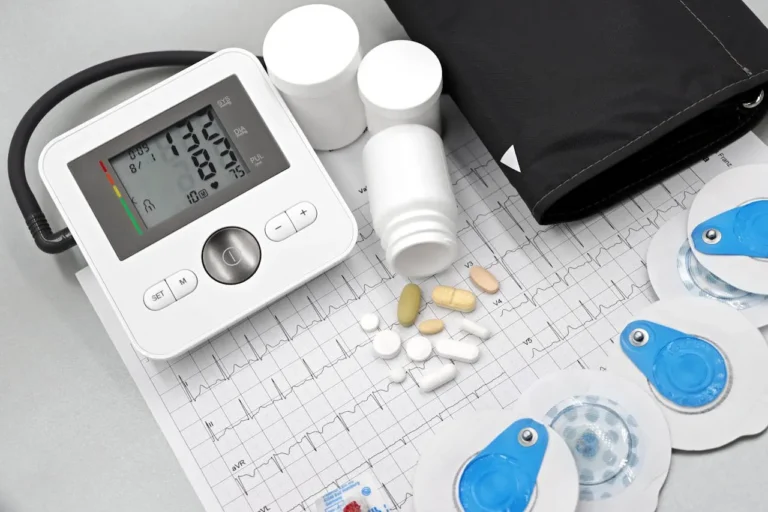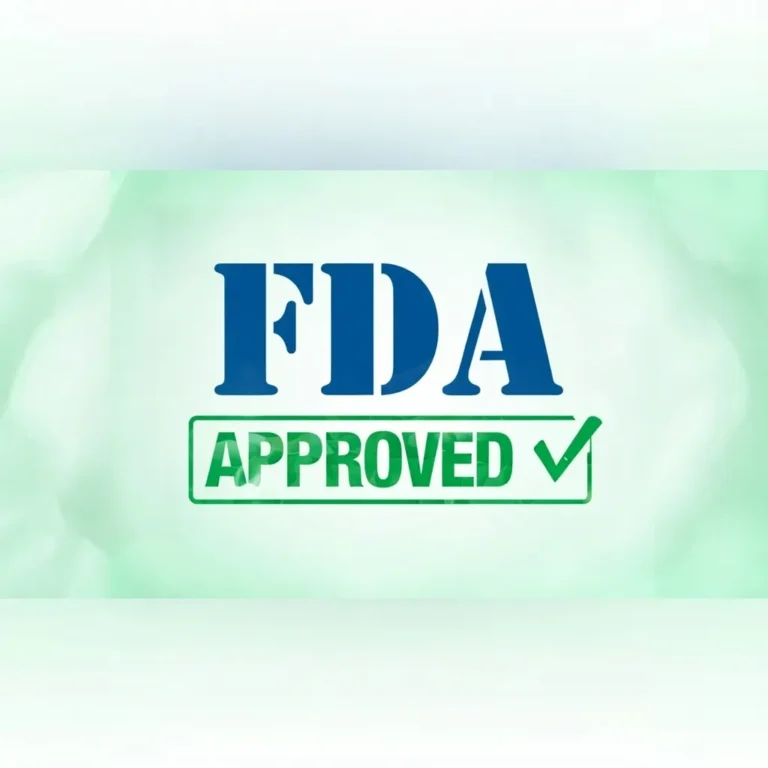
AstraZeneca’s Farxiga (dapagliflozin) has received approval from the US Food and Drug Administration (FDA) to enhance glycemic control in pediatric patients with type-2 diabetes (T2D) aged 10 years and older. This approval follows positive results from the pediatric T2NOW Phase III trial. Farxiga was previously approved in the US for adults with T2D as an adjunct to diet and exercise to improve glycemic control.
Ruud Dobber, Executive Vice President of the BioPharmaceuticals Business Unit at AstraZeneca, remarked: “The prevalence of type-2 diabetes continues to rise among children and adolescents, yet oral treatment options have been limited for this population. Today’s approval marks an important milestone for pediatric patients in the US, extending the potential benefits of this medicine to more patients with high unmet needs and underscoring AstraZeneca’s commitment to innovative treatments across cardiovascular, renal, and metabolic diseases.”
Type-2 diabetes is a chronic disease affecting people of all ages. The incidence and prevalence of T2D in children and adolescents are increasing globally. In the US, nearly 30,000 patients under 20 are living with T2D, with 5,300 new cases diagnosed each year, according to the US Centers for Disease Control and Prevention and recent research. Younger patients often experience earlier onset of complications and faster disease progression compared to adults with the same condition.
Data from the T2NOW Phase III trial, published in The New England Journal of Medicine Evidence, demonstrated a significant reduction in A1C levels, a marker of average blood sugar, for patients treated with Farxiga compared to those receiving a placebo. The adjusted mean change in A1C was -0.62% for Farxiga versus +0.41% for placebo, a difference of -1.03% (95% CI: -1.57-0.49; p<0.001). Statistical significance was achieved in the primary and all secondary endpoints versus placebo at week 26, showing that Farxiga can provide clinically meaningful improvements in glycemia for children and adolescents with T2D. The safety results in this patient population were consistent with those in adults with T2D, in line with Farxiga’s well-characterized safety profile.
Farxiga, a first-in-class, oral, once-daily sodium-glucose cotransporter 2 (SGLT2) inhibitor, is approved in 126 countries, including the EU (marketed as Forxiga), as an adjunct to diet and exercise to improve glycemic control in adults with T2D. Forxiga is also approved for pediatric patients aged 10 years and above with T2D in 56 countries, including the EU and other regions, based on results from the T2GO Phase III clinical trial.
Additional regulatory submissions and rollout plans are under consideration pending further market evaluations.
Notes
Type-2 Diabetes (T2D): T2D is a chronic disease characterized by pathophysiologic defects leading to elevated glucose levels, or hyperglycemia. Sustained hyperglycemia contributes to disease progression over time. The prevalence of diabetes is projected to reach 783 million by 2045. T2D is the most common type of diabetes, accounting for over 90% of all diabetes worldwide. There is still significant unmet medical need, as many patients have poor blood sugar control and low medication adherence.
T2NOW Trial: T2NOW was a randomized, double-blind, placebo-controlled Phase III trial designed to evaluate the efficacy and safety of dapagliflozin as an add-on treatment in children and adolescents with T2D receiving metformin, insulin, or both. Patients were randomized to dapagliflozin, saxagliptin, or placebo. Those receiving an active drug were further randomized to continue their current dose or up-titrate to a higher dose of the same active treatment. The primary endpoint was the change in A1C after 26 weeks versus placebo for dapagliflozin (5 or 10 mg) or saxagliptin (2.5 or 5 mg). Secondary endpoints included changes in fasting plasma glucose and the proportion of patients (A1C ≥7% at baseline) achieving A1C <7.0% (53 mmol/mol) after 26 weeks.
Farxiga: Farxiga (dapagliflozin) in the US and marketed as Forxiga elsewhere, is a first-in-class, oral, once-daily SGLT2 inhibitor. As of June 2024, Forxiga was approved in 126 countries as an adjunct to diet and exercise to improve glycemic control in adults with T2D. Forxiga is approved for pediatric patients aged 10 years and above with T2D in the EU and other countries based on the T2GO trial. Additionally, Forxiga is approved for treating heart failure across the full ventricular ejection fraction range (HFrEF and HFpEF) and chronic kidney disease (CKD) in adult patients in more than 100 countries.
Research has shown Forxiga’s efficacy in preventing and delaying cardiorenal disease, while also protecting organs – important findings given the underlying links between the heart, kidneys, and pancreas. Damage to one of these organs can cause the other organs to fail, contributing to leading causes of death worldwide, including T2D, heart failure (HF), and CKD.
AstraZeneca in CVRM
Cardiovascular, Renal, and Metabolism (CVRM), part of BioPharmaceuticals, forms one of AstraZeneca’s main disease areas and is a key growth driver for the company. By following the science to understand more clearly the underlying links between the heart, kidneys, liver, and pancreas, AstraZeneca is investing in a portfolio of medicines for organ protection by slowing or stopping disease progression, ultimately paving the way towards regenerative therapies. The company aims to improve and save the lives of millions by better understanding the interconnections between CVRM diseases and targeting the mechanisms that drive them, so they can detect, diagnose, and treat people earlier and more effectively.
AstraZeneca
AstraZeneca (LSE/STO/Nasdaq: AZN) is a global, science-led biopharmaceutical company focused on the discovery, development, and commercialization of prescription medicines in Oncology, Rare Diseases, and BioPharmaceuticals, including Cardiovascular, Renal & Metabolism, and Respiratory & Immunology. Based in Cambridge, UK, AstraZeneca’s innovative medicines are sold in more than 125 countries and used by millions of patients worldwide. Visit astrazeneca.com and follow the company on social media @AstraZeneca.





